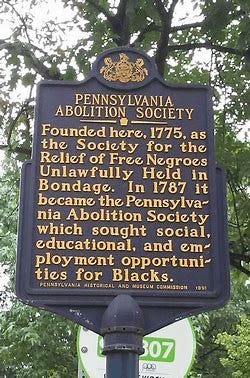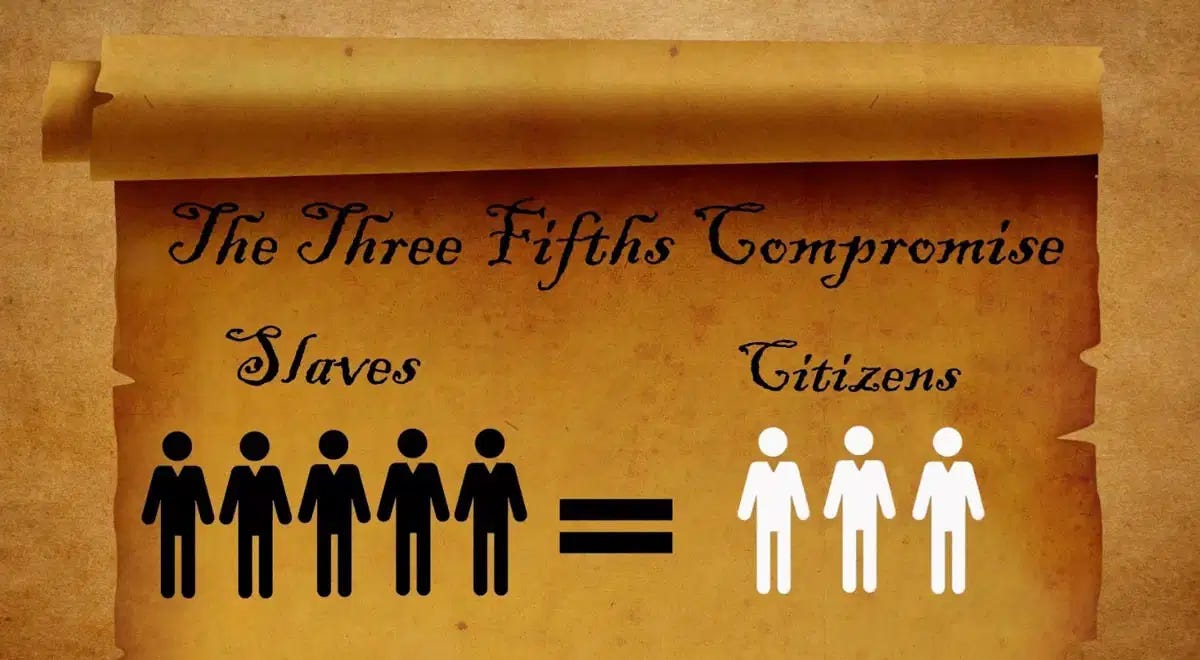It is the popular narrative that slavery came to America in 1619, when about 20 people abducted by Portuguese slave traders from what is present-day Angola disembarked from the English privateer vessel White Lion at the British Virginia colony of Jamestown. These 20 slaves were subsequently purchased by the English colonists. Thus, the narrative holds, the arrival of these Africans in bondage marked the start of two and a half centuries of slavery in the new world.
This narrative is false. While it is historical fact that African slaves arrived in 1619, they were not the first instance of African slavery in the Americas.
The actual date of arrival for African victims of the Trans-Atlantic slave trade in North America was 117 years earlier in 1502, imported by the Spanish military leader and Royal Governor of the West Indies, Nicolás de Ovando. There is even some historic evidence that African slaves may have been in the new world a century or more before that, but if we’re talking about slavery, as opposed to African slaves, that despicable practice existed in the Americas long before any European ever set foot on the continents.
Slavery, including child slavery, was widely practiced by the indigenous populations of the Americas. The fabulous temples of the Mayans were constructed by slaves, and slaves were also used for the practice of Mayan human sacrifice. The Aztecs also relied on slavery and used slavery as punishment for crimes like theft. The Inca’s used slavery as a form of taxation. The indigenous peoples of the Pacific Northwest practiced hereditary slavery, and slavery was widely practiced by native American tribes throughout north America. When African slaves arrived in the Americas the indigenous peoples did not hesitate to include them among the people they enslaved, along with enslaving white European settlers.
The British colonies of 1619 did not introduce slavery in the new world … it was already here and had been for millennium, as it had existed throughout the world. It did take a nasty evolution in 1655 when slaveowner Anthony Johnson sued to keep a slave about to be freed (slavery had previously been a form of indentured servitude in the colonies, granting slaves their freedom after a specified period of time). His slave, John Casor, was ordered to remain Johnson’s slave for life … setting into motion lifelong slavery in the colonies. Both Johnson and Casor were black men … and Johnson had arrived in the colonies as a slave himself.
While the British colonies did not introduce slavery to the Americas, or the world, they did introduce a new movement to the institution of slavery … abolition. Its earliest manifestation was a 1688 document condemning slavery known as the Germantown Quaker Petition. This petition marked the birth of an abolition movement that eventually lead to the first organized abolition organization, created in Philadelphia today, April 14, 1775.
The Pennsylvania Society for the Abolition of Slavery (later renamed the Pennsylvania Society for Promoting the Abolition of Slavery and for the Relief of Free Negroes Unlawfully Held in Bondage … but better known as the Pennsylvania Abolition Society) was the first organization to work for the abolition of slavery. Born at the height of revolutionary fervor in the colonies, who just over a year later would become the United States, it would serve as a model for many other abolition societies that would spring up throughout the new nation and eventually inspire abolition efforts in Great Britain and other parts of the world. Two years later, the Vermont Constitution would be the first to abolish slavery, followed within less than a decade by Pennsylvania, Massachusetts/Maine, New Hampshire, Connecticut, and Rhode Island … which set the stage for deep divides between Free States and Slave States.
The most famous American to serve as the Pennsylvania Abolition Society’s president was Benjamin Franklin, a former slave owner himself. Franklin was also a former British loyalist whose views changed during the revolution, and he became not only an advocate for American independence, but for the abolition of slavery … taking the “all men are created equal” part of the Declaration as it was meant to be taken (Jefferson, though a slave owner, had written a condemnation of the slave trade into the Declaration, which had to be removed to gain Southern support for independence). In the 1780’s Franklin wrote “An Address to the Public Concerning Slavery,” in which he admonished:
“Slavery is such an atrocious debasement of human nature, that its very extirpation, if not performed with solicitous care, may sometimes open a source of serious evils.”
In 1790, as president of The Pennsylvania Society for the Abolition of Slavery, he wrote a petition to Congress asking that they:
“… devise means for removing the Inconsistency from the Character of the American People,” to “promote mercy and justice toward this distressed Race.”
Franklin helped establish the Three Fifths Compromise at the Constitutional Convention, which held that slaves were to be counted as “3/5ths of a person.” Often misunderstood today as a slight against the enslaved, it was actually the slave states that wanted slaves counted as full persons while free states and abolitionists didn’t want them counted at all. The reason is that this count was for representation in Congress, and counting slaves gave more power to the slave states, which would delay abolition. As it was, counting slaves as 3/5ths of a person still empowered the slave states, but it was nonetheless a step toward eventual abolition.
Franklin’s warning that slavery’s expatriation might become a “source of serious evils” proved prescient when the free state/slave state debate erupted into the Civil War … finally abolishing slavery in the United States at the cost of the bloodiest war in American history and creating more than a hundred years of racial prejudice. But the abolition society formed today in Philadelphia showed that the founding of the United States did not serve to protect slavery but instead was instrumental in slavery’s eventual well-deserved demise.
NEXT WEEK: The Battle of San Jacinto






